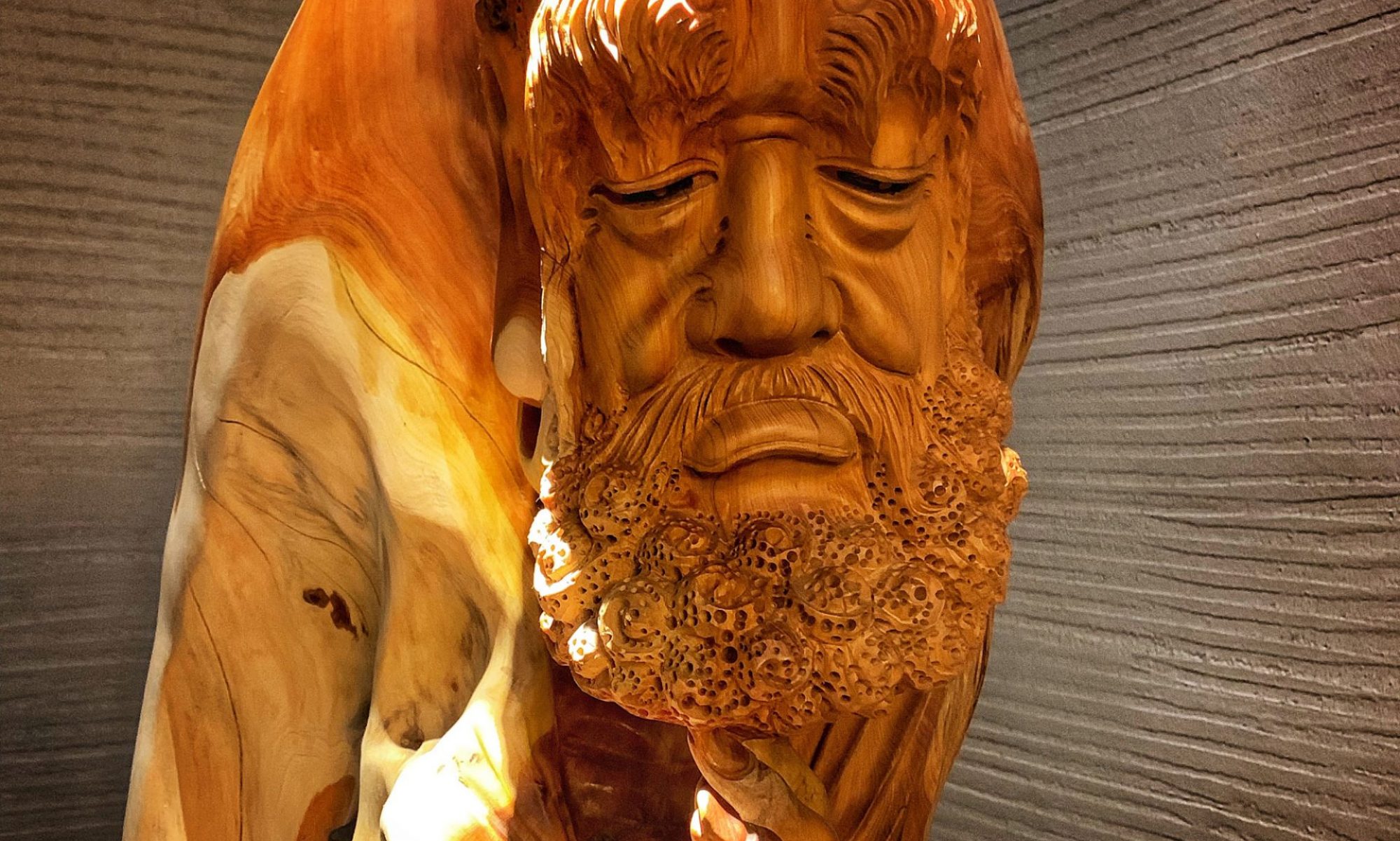In the practice of Insight Meditation, where one will finally be led to know about himself through his own initiative; as the name of the meditation implies; an important criteria to the success of this practice is inquiry. Obviously to know oneself is to mean realized and for realization to arise, the prerequisite is understanding, for it is understanding that makes a person realize. And understanding can only come into the picture with observation. And for observation to take place one obviously has to inquire. Thus inquiry is the beginning and wisdom is its end. Between both are aspects and effects of inquiry that finally leads to realization.
Inquiry is twofold. Firstly, to motivate or to direct the mind to observe, and second, to recognize the play of causal relationship that leads to understanding. In the beginning of the practice, the initiate is encouraged to pose questions to the mind, so that it sparks the mind to seek. For simple reasons the mind is constantly taking things for granted and rarely seeks for understanding unless it becomes a necessity, as a problem to solve. Who am I is a mystery and hence to solve the mystery I have to start the journey of inquiring, unless that question is not a priority to me at this juncture.
The beginning purpose of inquiry is to jump start the mind to look for the solution to the mystery. And that is all its purpose, for a start. It is important to remember that the sole purpose of inquiry is not to get an answer, but rather to invoke curiosity as to lead one to the final answer. To seek the answer is to jump the gun of the process and doing so impedes the natural unfolding of realization. Even if ever there is an answer to it, it is merely just another information but not a realization.
And through a little perseverance on the part of the practitioner, the inquiring with its questions directed at the mind, one opens up a new horizon of understanding that one may not have seen before. More than that, one starts to observe the connection between the object of observation and the corresponding reaction of the subject – that there is a correlation between the subject and the object. In brief, how the world is perceived has much to do with the perceiver. Through long observation, without interrupting what is already going on in the process, one starts to recognize and understand the workings of the mind, its cause and effect. He starts to realize how his suffering and happiness has much to do with the way he operates the mind.
It is at this period that his inquiry takes on a new level – it is no longer about invoking inquisitiveness or curiosity, for by then he would already have the interest to understand further the mechanics of how his mind works and how the effects he is experiencing has much to do with the causes he has been creating unconsciously. Naturally his inquiry comes to the level of seeing the causal relationship of his experiences and he starts to undo what is unnecessary for his wellbeing. He starts to assimilate a conscious living through the wisdom he has acquired and continuously abandon the unconscious state of mind that he was before. He becomes more aware or mindful so to speak, and that leads him further into undoing what binds him before which now offers him freedom. In this way his life moves towards the direction of greater freedom, in comparison to bondage that he was unaware of before.
This is a brief idea how Insight Meditation can lead one to understand himself or herself better and ultimately realize the meaning of existence – the “I”.
